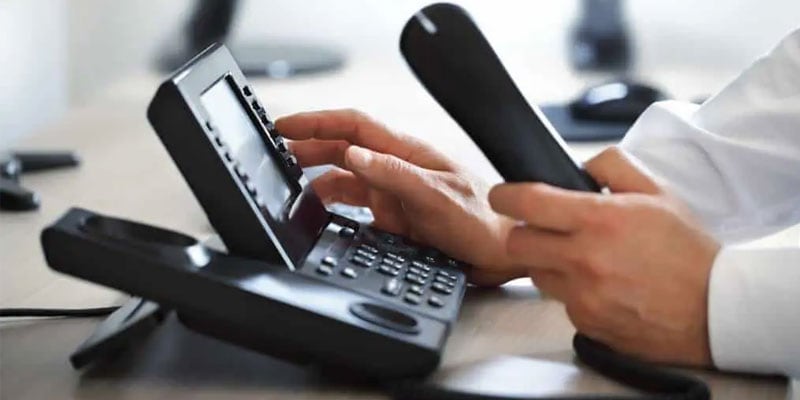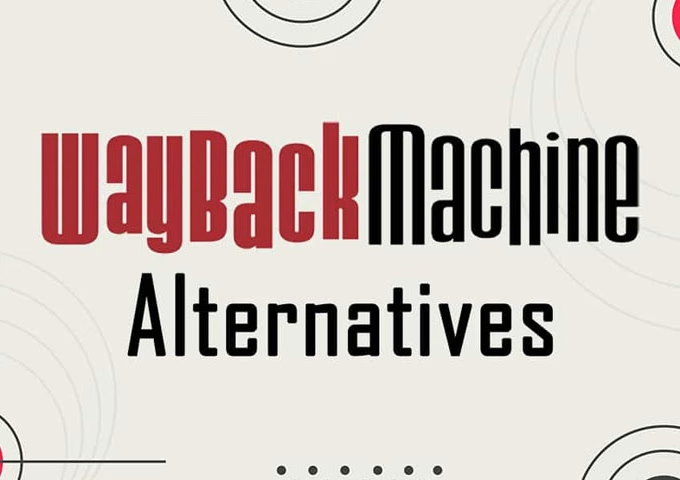If you listen to law and order, you’ll come to know that when the operatives explain, they wish to pull “Local Usage Details” on the phone. But what exactly does LUDS stand for? And what does it mean in law and order?
Are you searching for the definitions of LUDS? On the following vision, you can have a look at the significant purposes of LUDS.
What are LUDS?
LUD (or LUDs) is a short form that stands for “Local Usage Details.” Practically, what is it? It records somebody’s phone’s local call details of incoming and outgoing calls from a specific phone number.
Law enforcement officials possess the ability to attain these records with a court order provided that there is a good, reasonable purpose to believe that the communication appliance was actual to a specific crime. The police may lawfully utilize lUDs without first attaining a warrant, as specified by Smith v. Maryland.
Other terms for call records comprise CDR or SMDR. These terms typically relate to “raw call records” before being processed to apply locations and rates.
These records are often used by police in the United States along with a court order and were traditionally exposed to the same restrictions as telephone tapping.
The police may lawfully utilize lUDs without first obtaining a warrant, as inferred by Smith v. Maryland (1979).
There are other terms for call records, including CDR (call detail records) or SMDR (station message detail recordings). These terms generally relate to “raw call records” before being refined to compare locations and rates.
Information Provided by LUDs
Local usage details are a record of local incoming and outgoing calls made from a particular phone number. These records are regularly accessible to police in the United States with a court ordinance and were traditionally exposed to the same restrictions as telephone tapping.
It provides essential information, and the phone company will compare appropriate rates and other details later.
Usually, a standard edition of the record is generated on the customer’s bill, giving information about outgoing toll calls so people can recognize the charges. The bill does not comprise a form of incoming calls unless a customer agrees to compile orders on an incoming call. Outgoing calls within a local call area, where no toll applies, may not be recorded.
Law enforcement mechanisms that prefer to access LUDs will require to move toward a judge and tell why the data is essential or helpful. They can record both landline and cell phone call data as part of an investigation. The phone company must turn around the material, and in some issues, customers may not know about the assessment of the phone records, conferring on regional laws.
Phone data may be helpful for tracking transactions, identifying contacts, and other aspects of an investigation.
Phone companies maintain LUDs for fluctuating lengths of time. The corporation usually possesses an internal policy to maintain logs long enough to deal with customer disputes by turning to the raw data. And the law may employ companies to keep this information for a set length of time as well.
Some corporations move data to an offsite storage installation, archiving it relatively than eradicating it in case they require it in the future.
Frequently Asked Questions
What does the abbreviation stand for?
LUDS stands for Local Usage Details.
What are LUDs?
Local usage details (LUDs) are ongoing and outgoing calls linked with a particular phone number. Phone corporations utilize this data to create bills for their customers. Law enforcement mechanisms may offer access to the data as the basis for analysis if they believe it will apply to their work. A court order is essential to view LUDs.
But the principles are less stringent than authorizations to browse personal property like homes.
Conclusion
Let us understand. If you’ve listened to LUDS or Local Usage Details before and if there is any further message you can give that can be put into this id. Moreover, we will immediately post this with the motive of educating readers. If you have any other concerns about this blog post, please don’t hesitate to reach out to us. However, we are always ready to assist with any additional questions you may have.













